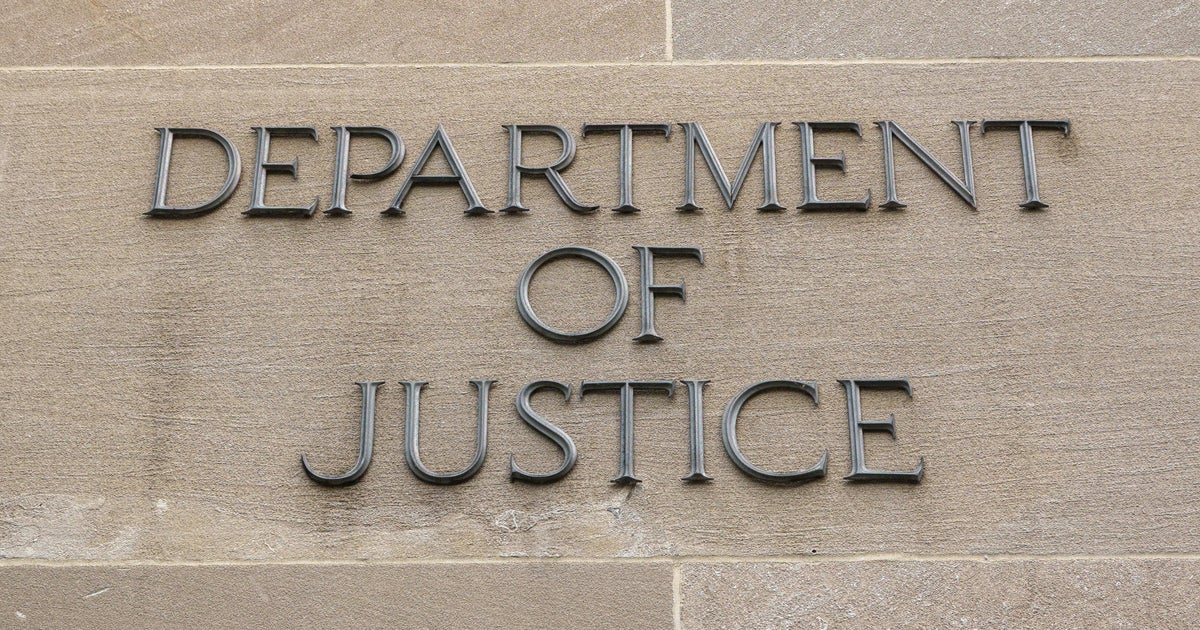In a startling revelation to Congress, Erez Reuveni, an attorney formerly connected to the Justice Department, disclosed that top officials contemplated subverting federal court directives to further the Trump administration’s stringent immigration objectives. This whistleblower complaint, introduced to senior Congressional leaders on Tuesday, paints a vivid picture of a department in turmoil, prioritizing policy execution over legal adherence.
Erez Reuveni, who has over 14 years of legal service within the department, had been recognized repeatedly for his capabilities and professionalism. Despite his commendable service record, Reuveni faced suspension and was subsequently terminated after contesting multiple attempts by the Justice Department to circumvent immigration-related court orders. Reuveni’s lawyers assert these attempts involved a lack of transparency, deliberate delays, and misinformation.
Public details on Reuveni’s exit were sparse until the release of the whistleblower report, which outlines threats, dismissal, and public denigration during his last weeks at the department. This report accuses significant figures, including Emil Bove—then the third-highest-ranking official in the Justice Department—of endorsing actions that would flout judicial authority.
Emil Bove, a former acting deputy attorney general nominated by President Trump to the 3rd Circuit Court of Appeals was another notable full-time lawyer who previously represented Mr. Trump amid criminal trials in Manhattan. His scheduled Senate Judiciary Committee confirmation hearing was poised to draw considerable scrutiny in light of these allegations.
In his whistleblower complaint, Reuveni describes tension-filled meetings where brazen suggestions were made. During a particular session concerning challenges to potential court orders under the Alien Enemies Act aimed at suppressing deportations, Bove allegedly proposed outright defiance to such court orders. He is quoted suggesting that the department tell courts to disregard their orders and that deportation flights proceed regardless.
The response to this suggestion, according to the document, left attendees in shock, including Reuveni who found the idea of ignoring constitutional mandates unbelievable. This environment suggested a brewing storm within department walls, threatening the ethical boundaries of legal practice.
The following day’s events seemed to justify Reuveni’s concerns when a temporary injunction was secured by a federal judge in Washington, D.C. This order blocked the deportation of alleged Venezuelan gang affiliates to El Salvador under the Alien Enemies Act and required returning flights to the U.S. Despite this, the administration failed to reroute the flights accordingly, raising significant legal and ethical questions.
Moreover, the complaint detailed instances where Drew Ensign, a supervisor to Reuveni, reportedly misled a court about ongoing removals under the Alien Enemies Act. Another senior official, Yakov Roth, is alleged to have cautioned Reuveni against further inquiries into whether the Justice Department had disregarded a separate court order in Massachusetts blocking migrant removals to third-party nations without due process.
The stakes were further emphasized in the case of Kilmar Abrego Garcia, a man wrongly deported to El Salvador. Reuveni faced hindrance from department superiors when seeking fact-based defenses for Garcia, and once the wrongful deportation was acknowledged in court, pushed to rectify the error despite the department’s resistance.
Upon his reluctance to sign an appeal brief contesting the judge’s corrective order on the Garcia case, citing ethical concerns, Reuveni was placed on administrative leave. Days later, his employment was terminated, marking a dramatic end to his tenure. This action came along with a public statement from then-Attorney General Pam Bondi emphasizing the department’s mandate for attorneys to vigorously represent the United States, warning of consequences for noncompliance.
Reuveni’s allegations underscore a broader issue of lawfulness and ethical conduct within the Justice Department under the Trump administration. They suggest a disregard for judicial oversight and due process, raising critical concerns about the integrity of governmental operations concerning immigration enforcement.
The disclosure in The New York Times about Reuveni’s whistleblower account and the subsequent reaction on social media platforms and through official statements highlighted the contentious atmosphere surrounding these claims. Todd Blanche, Deputy Attorney General, labeled the whistleblower account as comprising falsehoods from a “disgruntled former employee” and denied any suggestions to disobey court orders had been made.
While the Justice Department defended Bove’s conduct in managing deportation cases, Senator Dick Durbin echoed the severity of Reuveni’s claims, critiquing both Bove’s ethical judgment and the Trump administration’s overarching strategy to manipulate the Justice Department’s role in upholding law and order.
This whistleblower saga presents a revealing look into the crucial fractures within a pivotal government institution tasked with protecting both national security and individual rights. It underscores the vital importance of ethical leadership and adherence to legal protocols, especially in departments wielding significant power over human lives and the foundational principles of justice.









